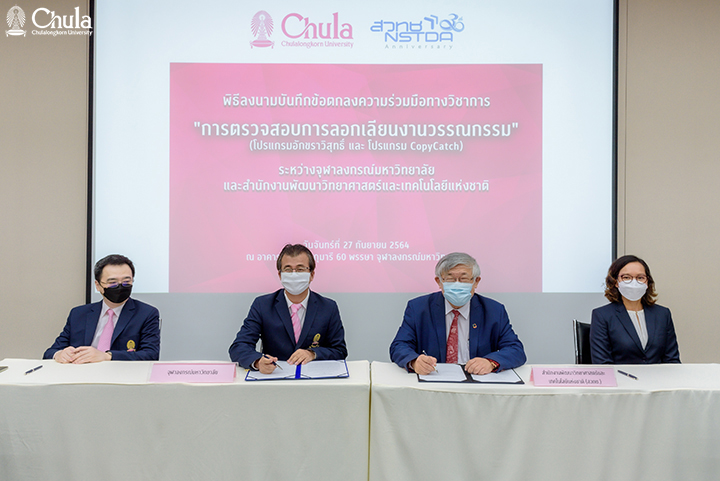The legal industry in Malaysia is ever-growing, adapting to society’s legal developments and demands. The Faculty of Law, Universiti Teknologi MARA (UiTMLaw), endeavours to equip students not only with legal academics but also to ensure students are prepared to meet the demands of the industry.
To achieve this, UiTMLaw initiated the UiTMLaw Industry – Alumni Mentorship Programme “Inspiring Future Leaders” for the final semester students. A closing ceremony was held on 4 September 2021 to mark the conclusion of the programme.
Despite being forced to seclusion during these unprecedented times of the Covid-19 pandemic, this programme offers students exposure to the legal industry’s real world in the safe confines of their homes.
The programme enlisted esteemed alumni of UiTMLaw viewed to be captains of industry to be mentors, which include the former Chief Justice of Malaysia and Adjunct Professor of UiTMLaw, the Honourable Tan Sri Datuk Seri Panglima Richard Malanjum, legal managers, advocates & solicitors, prosecutors, federal counsels and legal executives.
Each mentor was assigned to a class, where they conducted sharing and guidance sessions. Instead of academic lectures, the mentors shared their working experiences and observations, from common mistakes in filing court documents to faux pas often made by young practitioners during court trials. These pearls of wisdom will allow students to be a few steps ahead of the curve and to hit the ground running once accepted for pupillage.
Through these sessions, it is hoped that UiTMLaw students would be able to look beyond their classroom walls and quickly adapt to the fast-paced demands of the legal industry in Malaysia. Positive feedback from the students illustrated the success of the programmes in providing the necessary exposure to the students before they leave the university.
This event aligns with UiTM’s aspiration as a higher learning institution that is constantly committed to ensuring students’ employability upon graduation. Through this initiative, the faculty can work hand-in-hand with Alumni from diverse backgrounds. UiTMLaw hopes that the experiences and knowledge shared by the mentors will ease the students’ transition from that of students to prospective pupils in chambers.














